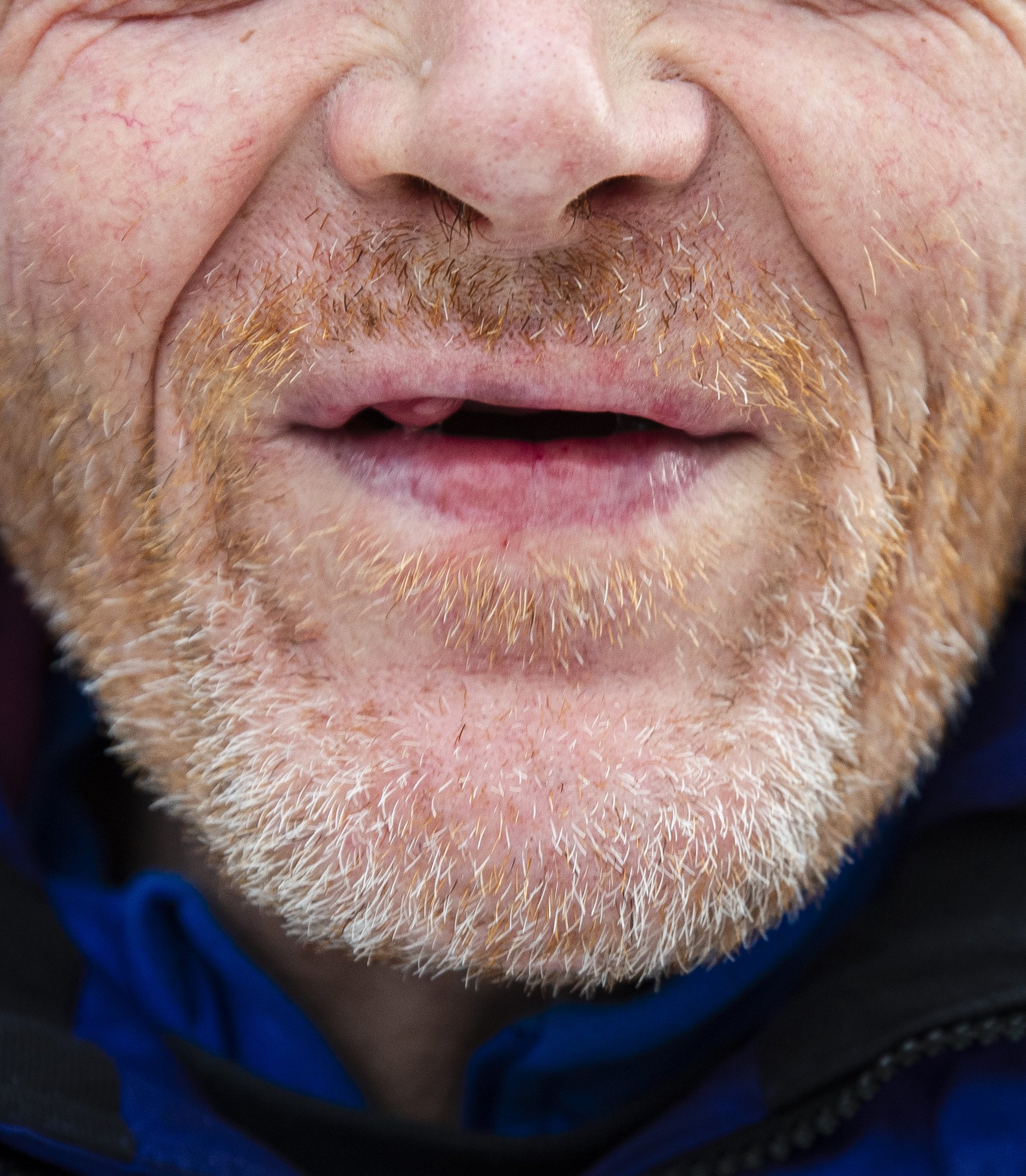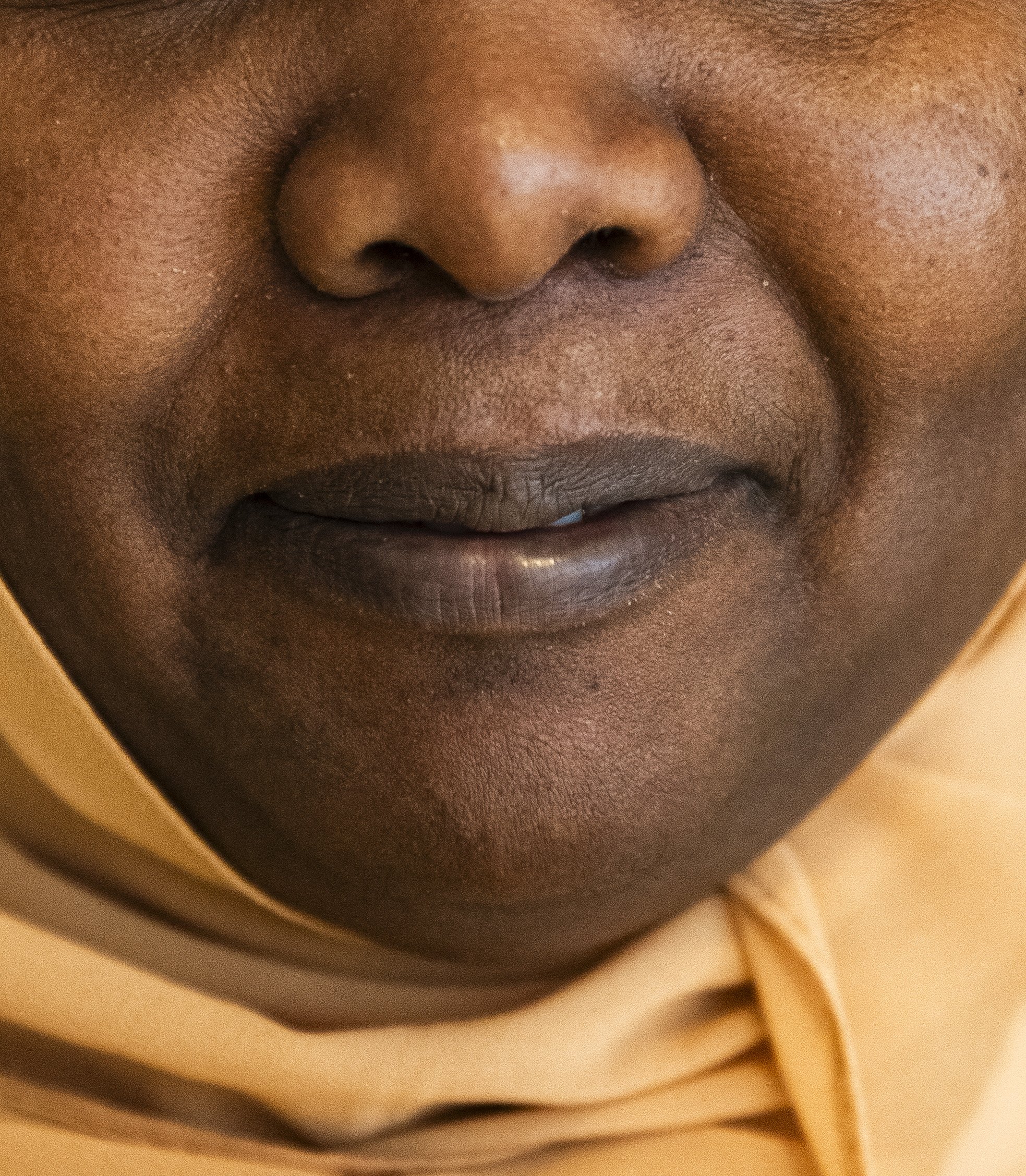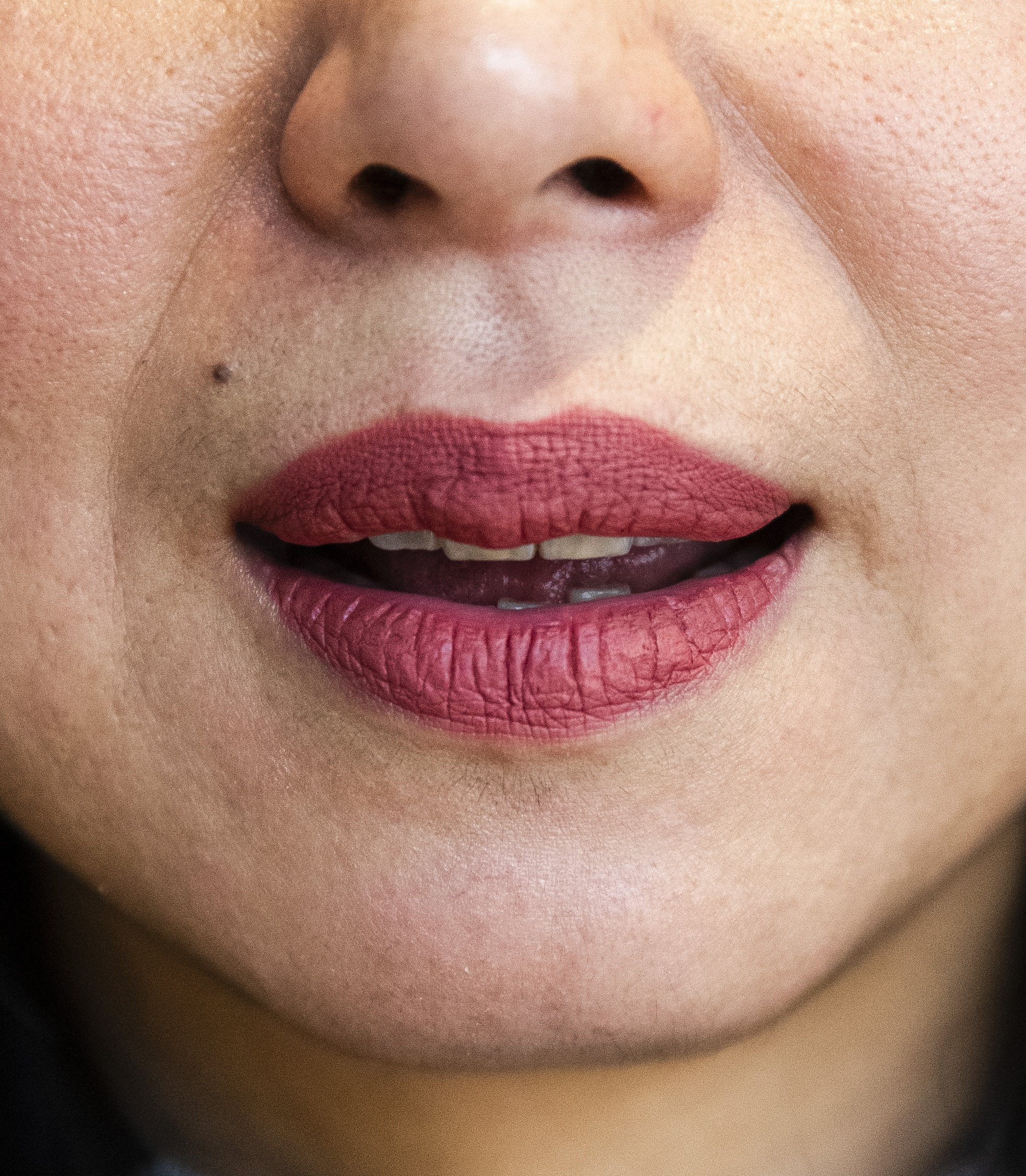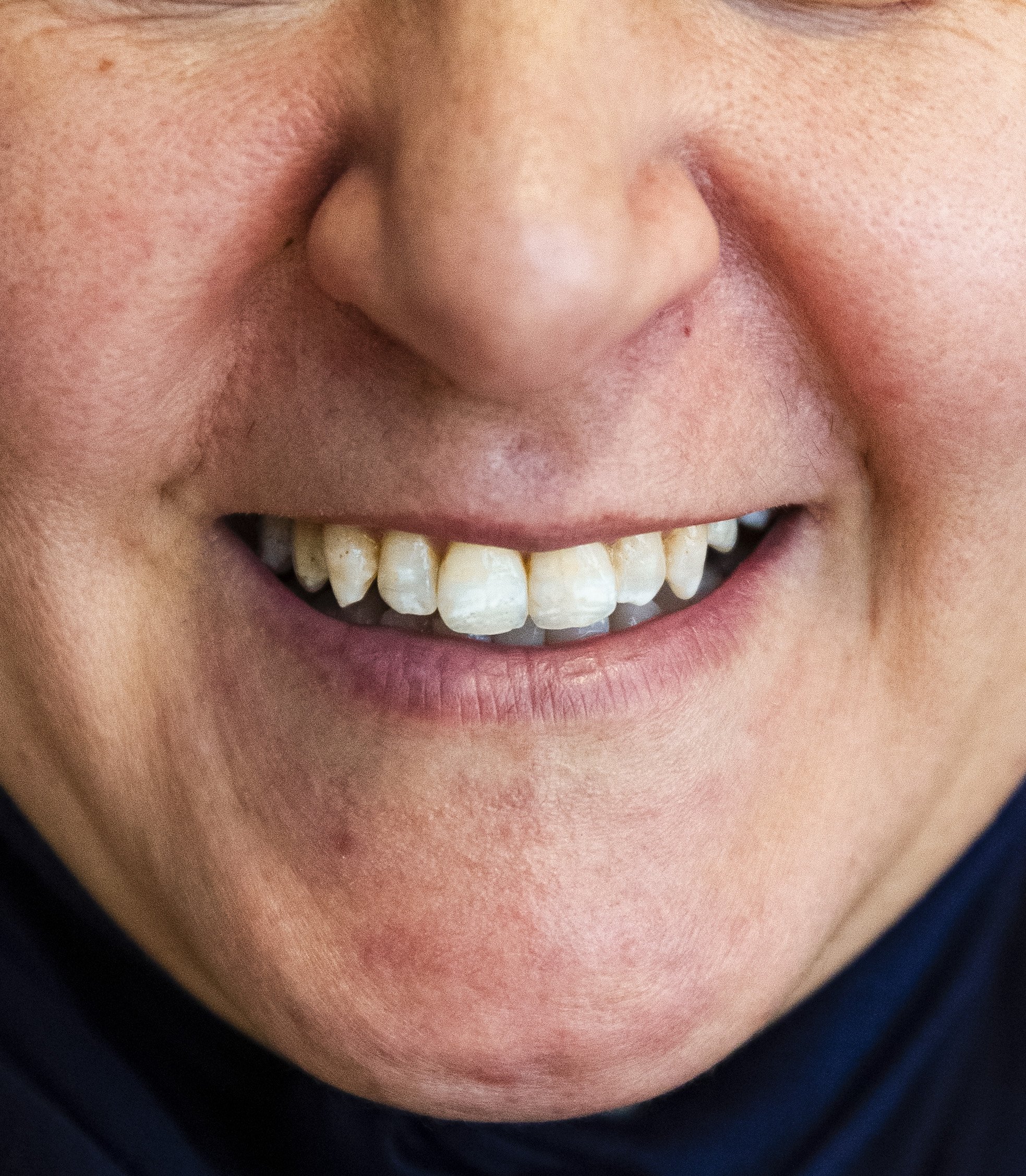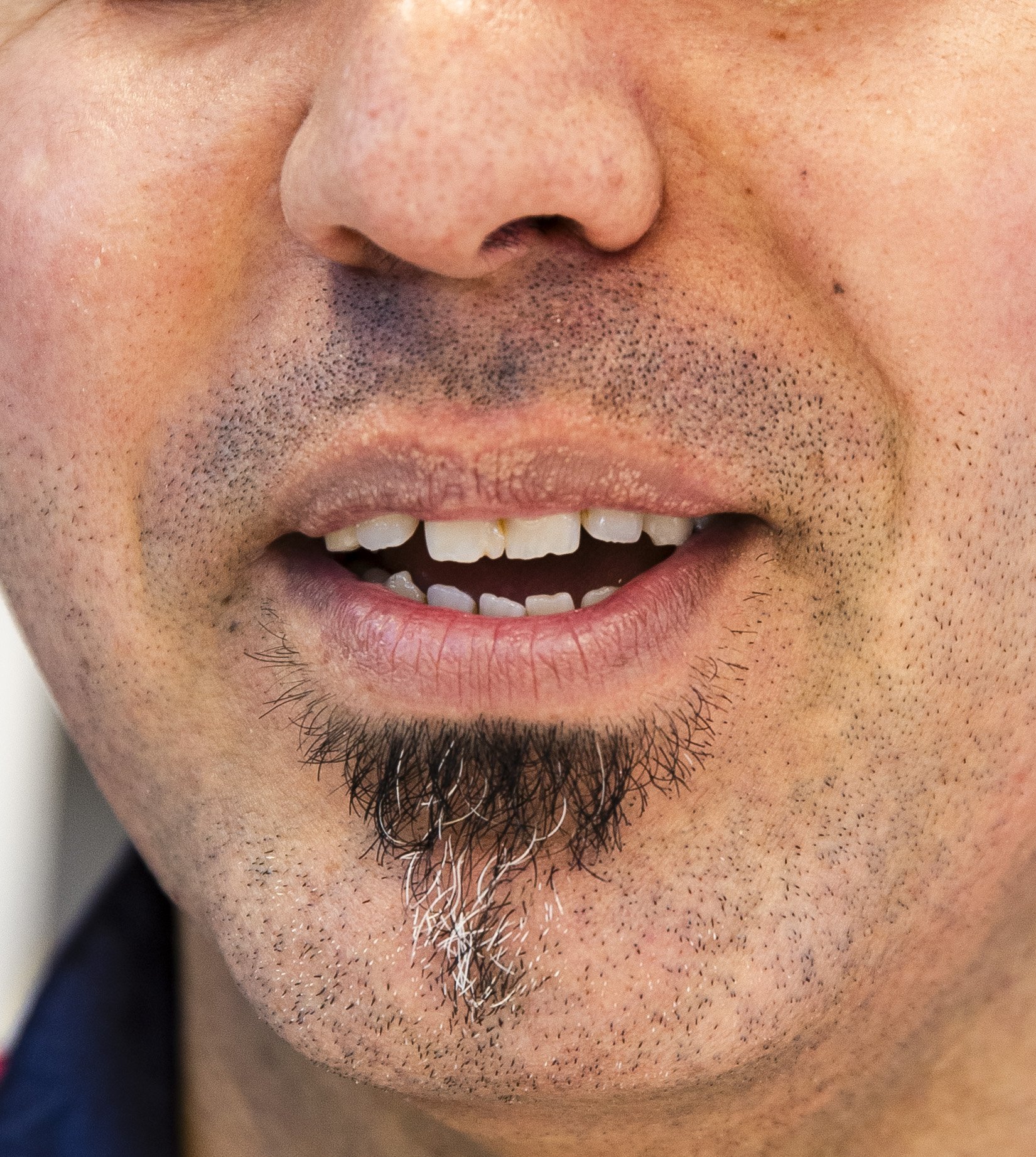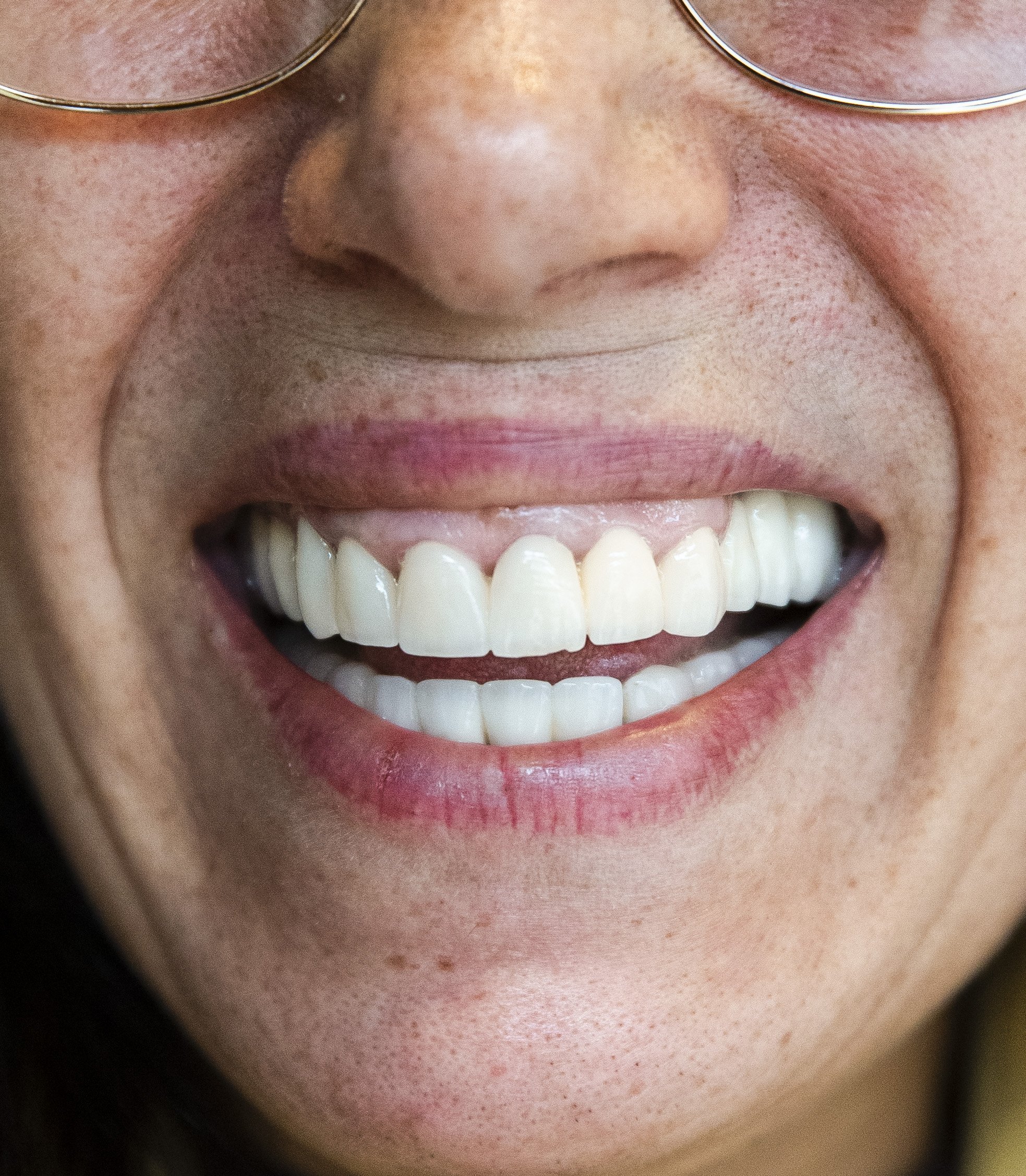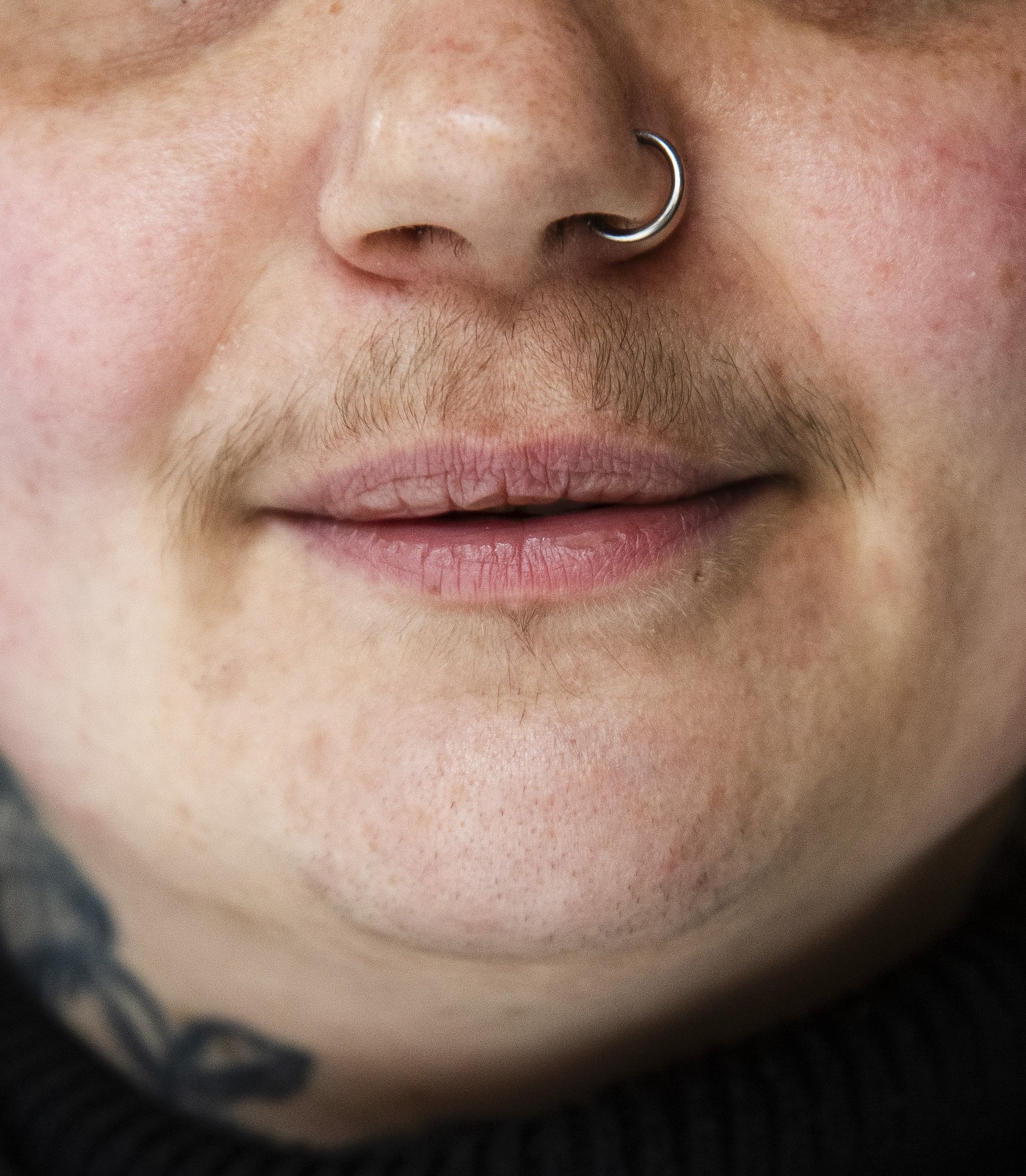What It’s Like Growing Up in a Multilingual Home
Govanhill is an area where you can walk down the street and hear a different language every step. In fact, one study recorded 88 different languages spoken on Victoria Road after sampling 200 people from one street. But what’s it like to grow up in a multilingual household? Some locals shared their experiences for our language issue.
Intro by Ania Noakes | Photos by Eoin Carey
One day my driving instructor was marvelling at my ability to spin so many plates at once. “I hope you get some time in lieu for all that hard work,” he remarked. I misunderstood the meaning of the question and responded: “Of course we can go to the toilet during working hours!”.
Does it mean that I failed at English and I am not ‘a bilingual’? No. But what actually is bilingualism and multilingualism – and what are some of the advantages and disadvantages that come with it?
The linguistic definition of bilingualism and multilingualism is an ability of an individual to communicate in two or at least three languages, respectively. Over the years, there has been a lot of discussion amidst scholars about the degree of fluency a person must have in order to be considered a true multilingual or even bilingual.
The stance used to be that the grasp of each language has to be near ‘native level’. However, these days, linguists agree that the way we use languages on an everyday basis and communication are more important than officially measured fluency. And rightly so. The needs and uses of the languages differ from individual to individual, as a multilingual person acquires and uses their language for different purposes, in different domains in life and with different people.
Some of the perks of knowing more than multiple tongues for one, include expanding our perception of the world around us. We can make meaningful connections with others, which enriches the view of the world around us. It makes us more tolerant, open and perceptive people.
What’s more, research has linked learning two or more languages from birth to developing an ability to effectively manage higher cognitive processes. It also has been linked to a reduced risk of developing dementia and restoring normal mental function following a stroke.
But try as you might, becoming fully proficient at all the languages that you speak is near impossible. As the environment changes, the needs for particular language skills also change – inevitably, it may lead to vocabulary loss and other languages becoming dormant.
There is also a risk of losing our cultural identity. Language and culture are strongly tied together, which means that if we use our native tongue less, we may drift away from our traditions, values and even religion. Research shows that many bi- or multilingual speakers in this country lose the minority language completely and end up speaking only English. It can leave a person feeling lost between two countries, fitting in neither here nor there.
There are as many stories around bi- or multilingualism, as there are people. Everyone has their own to tell. Especially here, in Govanhill.
Lena
Roma – Hungarian – English
I live in Govanhill with my parents and five siblings. Me and my family moved here twelve years ago when I was five and we speak Hungarian, Slovak-Roma and English at home. My dad doesn’t speak much English and my mum none at all.
When we first got here, I couldn’t speak any English and I taught myself by watching sitcoms and musicals like Grease. I also watched telenovelas because the sounds and some of the words reminded me of Roma.
These days, me and my siblings speak English amongst ourselves when at home and some of my younger siblings can only speak English. This can get quite annoying in our house because they aren’t able to talk to my parents.
Sometimes I will have to miss school to help my mum and dad out with things like going to the doctors and Universal Credit appointments. It can be really frustrating and I wish places had more facilities for Roma people. In places like Derby and Leicester they have Roma translators but I don’t think there are any in Scotland.
Saying all this, I do really love living in a house and community where lots of different languages are spoken. It’s funny, I’ve noticed how I will always say ‘aye’ at the start of a sentence, no matter what language I’m speaking. I love the uniqueness and coolness that I can speak and translate into three different languages. I find it empowering that I can use my skills to help out my family.
Dæmon
Gaelic – English
I’m a triplet who grew up in the Highlands. My family come from South Uist and Glasgow; Gaelic and English were spoken each day. I would march down the high street bagpipes blazing like my dad and his brothers before me, which makes me… incredibly Scottish. I feel blessed to have experienced so much traditional music, ceilidhs, Fèis, The Mòd, and importantly Gaelic.
A strong teuchter accent is something I’ll always associate with home and find comfort in. Most of this admiration and appreciation comes from my Granny Nellie who grew up on a croft on Benbecula; she was the kindest soul and spoke Gaelic before English.
Experiencing conversational Gaelic with that side of my family where the language is still spoken fluently felt beautiful. When we were in public it was like Gaelic was our secret language and Nellie enjoyed that, how we would giggle.
My household fostered a deep connection to Scotland’s ancient practices, rich history and tapestries of culture of celebrating and upholding tradition and not forgetting, diluting or dissolving into a ‘British’ identity. Now, I speak Gaelic when I can and lucky for my Govanhill neighbours the pipes are in the Highlands. Gàidhlig fhada beò. Neo-eisimeileachd a-nis.
Mary
Luganda – Punjabi – Hindi – English
Being able to communicate is the fundamental key in our communities and families. What maintains a lively community is communication. That’s why the two words sound similar. When it comes to family, communication is even more important as poor communication can spoil relationships.
In families like mine where different languages are spoken this can be a big challenge. I am a Ugandan and I grew up speaking Luganda. My children’s father is from India and is fluent in Hindi and Punjabi. For both of us, English is a foreign language but I am more fluent than him as in Uganda we learn English in school whereas he didn’t. Our children only speak and understand English – it is the common language at home between us all.
Here comes the challenge in communication and family life. It is easy to address an issue in your most native language but harder for me in English.
These days, I barely speak Luganda except sometimes when on the phone to friends and family. Although I try to teach my children Luganda it is hard because I don’t communicate regularly in it anymore.
It would be great to teach our children all languages spoken at home and it would be good for all our mental health too. But I also want to say it is also so mindful to not exclude someone and to communicate with one another in a common language.
Catherine
Spanish – Gaelic – English
I’m mother to a three year old whose father is Spanish. Up until recently she understood Spanish but answered in English. However in the last couple of months she’s had this enormous leap and I can’t believe how much Spanish she’s speaking. It’s blowing my mind.
My Spanish in comparison is dreadful. I know lots of nouns and infinitive verbs but the vast sprawling tapestry of grammar that houses them is still totally beyond me. I thought I could learn alongside my daughter but her learning capacity is so huge, and her self consciousness so non-existent, she’s left me for dust. One night she was having a bad dream and talking in her sleep and I had no idea what she was saying. I had to consult Google Translate to understand what kind of bogeyman she was dealing with.
The funny thing is that I was bilingual as a child with English and Gaelic and despite all her efforts my mum could never quite master Gaelic. I sometimes worry this is my fate too, to always be on the outside of this part of my daughter’s life. But then, of course, I remind myself that my mum didn’t have Duolingo in those days, nor the option to dub her favourite TV shows in Spanish, so there is hope for me after all. Yo sólo creo que necesito trabajar más duro!
Stefan
Slovak – English
At home, I speak Slovak and English with my kids, depending on circumstances and social situations. I believe bilingualism is an asset and maintaining the use of Slovak when talking to my children encourages daily usage.
While this isn’t always easy, corrections are made and understanding that perfect grammar can be learned later. A second language stimulates the brain, fostering a positive attitude towards linguistic diversity. We frequently discuss the meanings of words in different languages learned at additional language classes at and outside school.
My kids were brought up here and so I guess me and my children have different native languages. I constantly learn new English words, both outside and within the family. My children predominantly learn Slovak vocabulary from their parents.
I use Slovak for expressing affection but switch to English for discussing pragmatic details or helping with homework. My children say they find speaking Slovak unique and feel happy being bilingual, and that outside the house, English feels more natural, while family-related matters are easier expressed in Slovak.
Language is dynamic, and nearly two decades in Glasgow have certainly influenced my vocabulary. While I don't do accents, I do have one: a broad Slovak.
“There are around 115 languages spoken by children in Glaswegian schools. According to 2011 census data, across Scotland, the most popular languages spoken at home were (in order of popularity) Polish, Urdu, Punjabi languages, Chinese languages, and French. Based on The Languages of Govanhill survey, there are at least 88 languages spoken just in Govanhill.”
